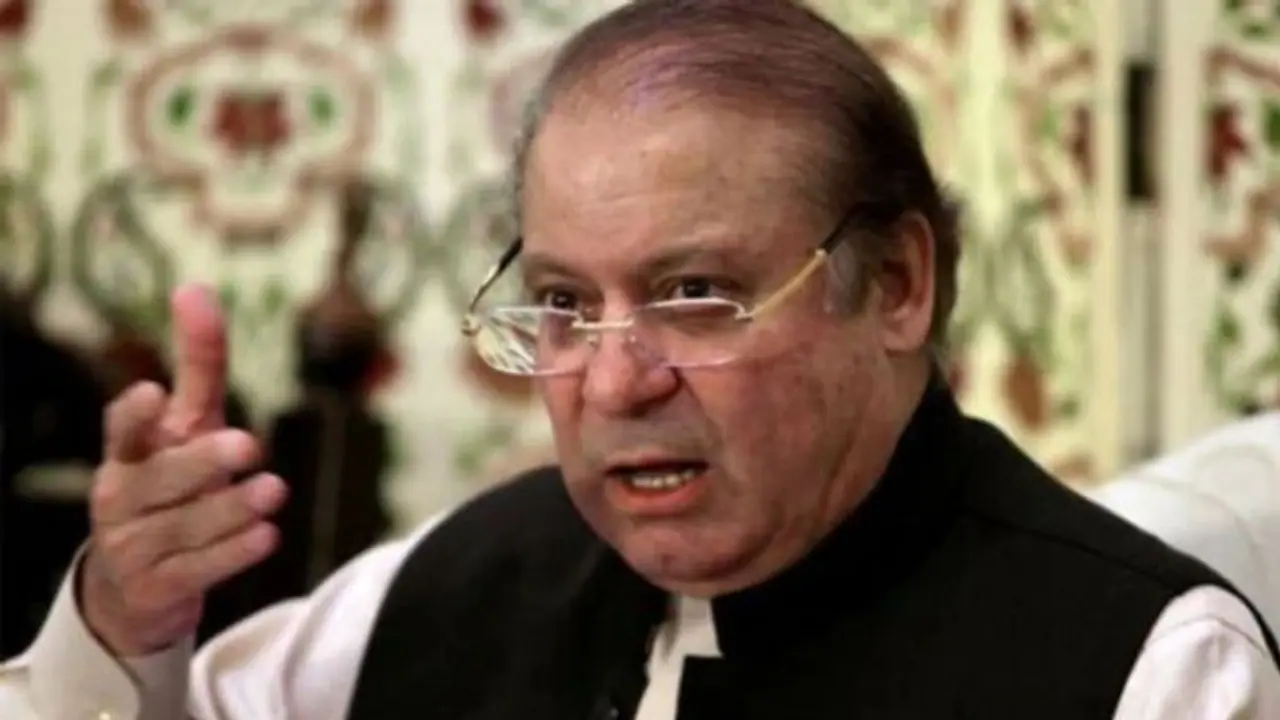Pakistan's former Prime Minister Nawaz Sharif admitted on Tuesday that the country had "violated" the 1999 Lahore Declaration agreement with India, which was signed by him and then Indian Prime Minister Atal Bihari Vajpayee.
Former Pakistan Prime Minister Nawaz Sharif admitted on Tuesday that Islamabad had "violated" an agreement with India, which he and former Indian Prime Minister Atal Bihari Vajpayee had signed in 1999. This admission seemingly refers to the Kargil conflict initiated by General Pervez Musharraf.

"On May 28, 1998, Pakistan carried out five nuclear tests. After that Vajpayee Saheb came here and made an agreement with us. But we violated that agreement...it was our fault," Sharif told a meeting of the PML-N general council that elected him president of the ruling party six years after he was disqualified by the Supreme Court.
After a historic summit in Lahore, Nawaz Sharif and Atal Bihari Vajpayee signed the Lahore Declaration on February 21, 1999. This agreement, which outlined a vision of peace and stability between the two countries, marked a significant breakthrough. However, just a few months later, Pakistani forces intruded into the Kargil district in Jammu and Kashmir, leading to the Kargil conflict.
"President Bill Clinton had offered Pakistan USD 5 billion to stop it from carrying out nuclear tests but I refused. Had (former prime minister) Imran Khan like a person been on my seat he would have accepted Clinton's offer," Sharif said on a day when Pakistan marked the 26th anniversary of its first nuclear tests.
Sharif, 74, discussed how he was removed from the office of Prime Minister in 2017 due to a false case orchestrated by then Chief Justice of Pakistan, Saqib Nisar. He claimed that all cases against him were baseless, while the cases against Pakistan Tehreek-e-Insaf founder Imran Khan were legitimate.
Sharif also spoke about the role of former ISI chief Gen Zahirul Islam in toppling his government in 2017 to bring Imran Khan to power. He challenged Imran Khan to deny that he was not launched by the ISI.
"I ask Imran not to blame us (of being patronised by the army) and tell whether Gen Islam had talked about bringing the PTI into power," he said and added Khan would sit at the feet of the military establishment. The three-time premier talked about receiving a message from Gen Islam to resign from the office of prime minister (in 2014). "When I refused, he threatened to make an example of me," he said.
Sharif also praised his younger brother, Prime Minister Shehbaz Sharif, for standing by his side through thick and thin. "Efforts were made to create differences between us but Shehbaz remained loyal to me. Even Shehbaz was asked to become PM in the past and leave me but he declined," the former Pakistan PM said.
Sharif mentioned that after assuming the office of PML-N President, he would renew efforts to strengthen the party.
